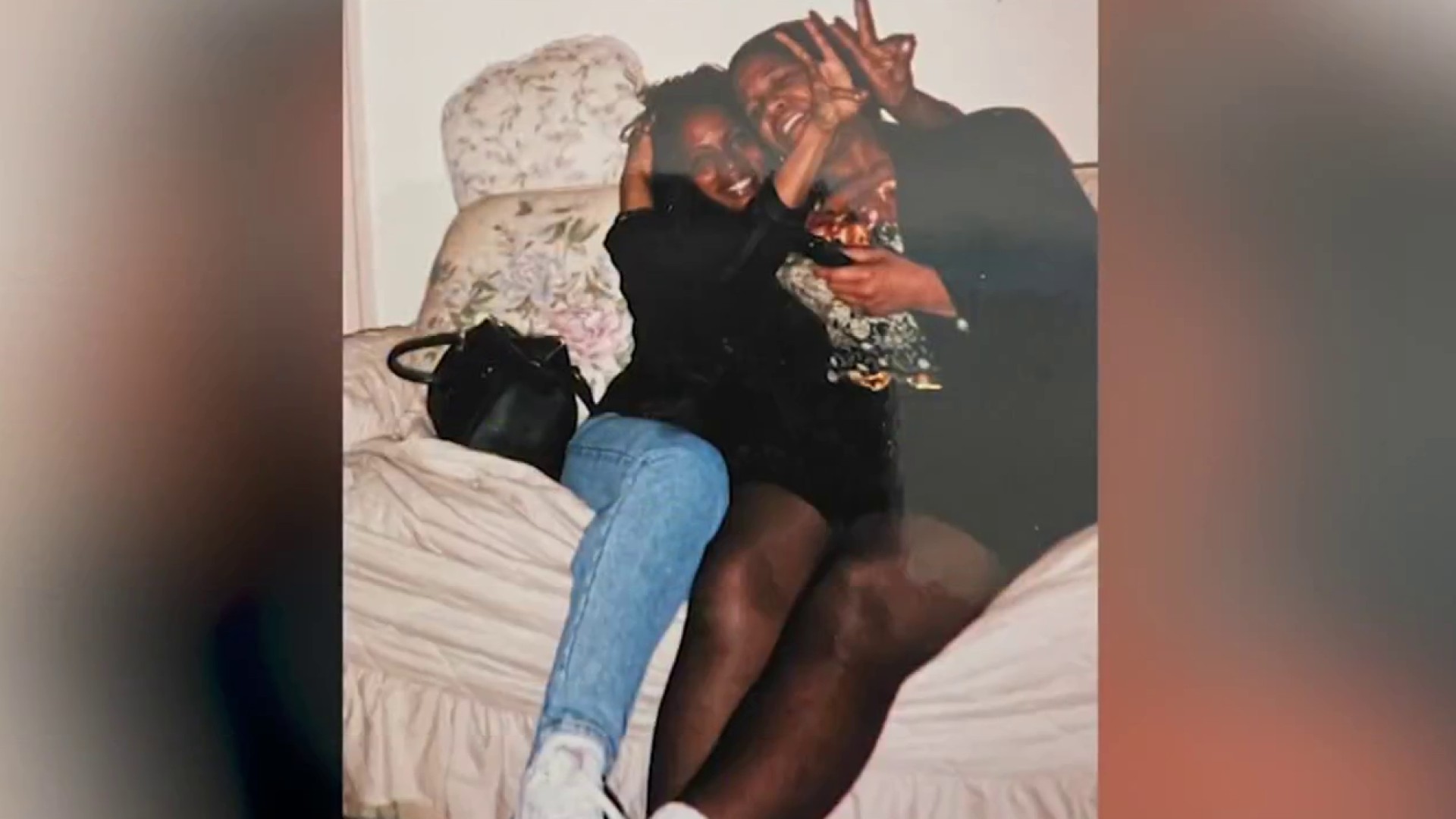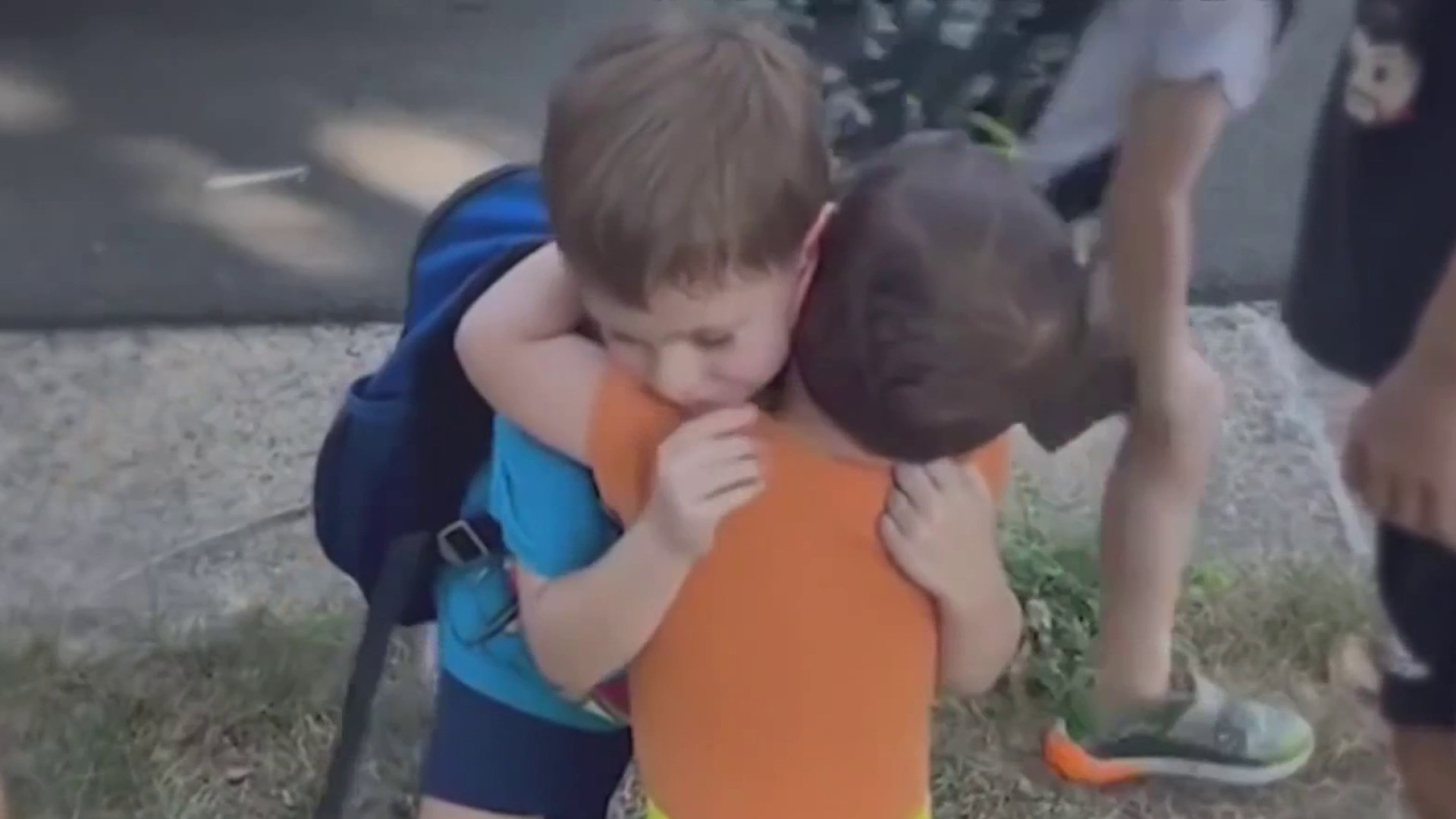People with weakened immune systems have a higher risk of getting sick and dying from COVID-19, which caused a lot of anxiety for a Virginia mother when she found out her baby was born without an immune system in April.
“Some days I feel like I rock it and I'm like, man, I got this, I’m really good at this, and some days I just want to cry in a ball and just hold him and squeeze him,” said Tiffany Green of Strasburg.
We're making it easier for you to find stories that matter with our new newsletter — The 4Front. Sign up here and get news that is important for you to your inbox.
Just days after giving birth to her son, Parker, in April, Green got a phone call that changed everything.
“About a week after he was born that said his screening came back abnormal,” she said.
Doctors told her Parker had an extremely rare genetic disorder called severe combined immunodeficiency (SCID) that only occurs in one out of every 60,000 births.
Local
Washington, D.C., Maryland and Virginia local news, events and information
Green said she was shocked and all she could think about was him catching COVID-19.
“That was one of the, one of the most important things that went through my mind is he's gonna get it,” she said. “There's no way, like, I can't stop it. He has no immune system.”
Any infection could be dangerous and potentially deadly because Parker didn't have enough T-cells to protect his body from fighting a virus.
“The unifying theme is that none of these patients have any T-cells, and the T-cells are a type of white blood cell and they are sort of the organizers of the immune system,” said Dr. Blachy Davila, who helped treat Parker at Children’s National Hospital in D.C.
Davila said children can be cured if the condition is caught early. Since 2010, newborns get a heel prick test at the hospital.
“Prior to the newborn screen, without any interventions, over 90 percent of these kids would die in their first year of life,” he said.
In June, Parker had chemotherapy followed by a bone marrow transplant. He spent a month in the hospital but did so well he got to go home early to bond with his big sisters, Natalie and Avery.
“I like having a baby brother,” Avery said. “He’s really happy all the time.”
Parker and his family will have to stay isolated at home for several months as he builds up his immune system, but Green continues sharing her story on social media to raise awareness about her son's rare disorder. She said the pandemic has made his recovery easier.
“It was kind of, you know, a blessing in disguise because we're all home anyway, so it wasn't anything new to my kids or to me, and everybody's masking and social distancing and it helps him out, too,” she said.
Parker is 5 months old and his mother said his personality is starting to come out — he's cooing and likes to belly laugh with his sisters.
She said he can't have any vaccines until he's 2 so the focus is on keeping him healthy until then.
Doctors say Parker and others with SCID can have long, healthy lives thanks to early intervention.



